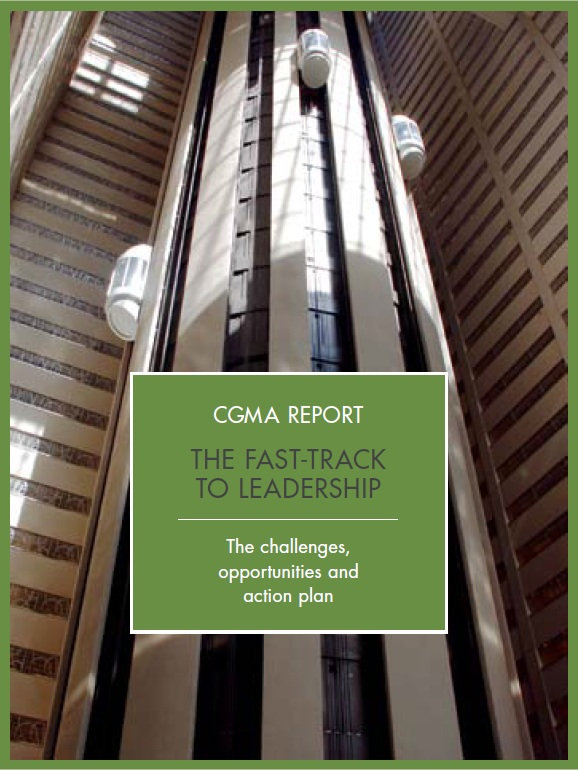The International Financial Reporting Standards establish 34 new accounting policies that in general affect how companies value their assets and report on their business performance. The regulation creates new, higher standards for transparency in business operations by requiring more detailed presentation of balance sheets and cash flow.
Recent TRG blog posts
Rick Yvanovich
Recent TRG Blog Posts
What International Financial Reporting Standards entail
Posted by Rick Yvanovich on Wed, Jan 2, 2013
Blog Topics: Planning and Budgeting, Financial consolidation, planning and reporting, Enterprise Performance Management (EPM)
Tough times? It’s time for financial talents to shine
Posted by Rick Yvanovich on Thu, Dec 20, 2012
With the continuing global economic downturns, the Eurozone crisis, the shift of the power towards the East, the day-by-day technology innovation, increasingly complex demands are being placed on finance functions. Finance professionals are expected to provide a larger mandate, from their traditional role of transactional and cost efficiency to analytical and decision support stage for the business. The question is “Will they survive or even better, sail through the storm smoothly?”
Approaches and trends in planning, budgeting and forecasting
Posted by Rick Yvanovich on Wed, Dec 19, 2012
Uncertain economic conditions have resulted in more informal and ad-hoc planning, budgeting and forecasting processes than before the financial crisis. According to data from a study by Aberdeen Group in 2011, although 65% of the surveyed companies have a formal planning and budgeting process, the figure is less than the 76% recorded back in 2008.
Blog Topics: Planning and Budgeting, Financial consolidation, planning and reporting, Enterprise Performance Management (EPM)
IFRS: Financial reporting standards of the future
Posted by Rick Yvanovich on Tue, Dec 18, 2012
The International Financial Reporting Standards are the result of work begun in the early 1970s by the International Accounting Standards Committee (IASC). The slow evolution of IFRS adoption was accelerated in 2002 when the European Union Parliament designated IFRS as the accounting standard for publicly traded European Union companies beginning on January 1, 2005.
Blog Topics: Planning and Budgeting, Financial consolidation, planning and reporting, Enterprise Performance Management (EPM)
The basics of reading annual financial reports
Posted by Rick Yvanovich on Mon, Dec 17, 2012
Annual reports are the only published documents that contain abundant information about a company’s performance. To get the most out of them, investors should have the right skills and knowledge. This blog outlines the basic components of an annual report and how to glance through the document if one has limited time.
Blog Topics: Financial consolidation, planning and reporting, Financial Accounting Management Software, Infor SunSystems
6 Steps To Develop A Strategy Map (Part 2)
Posted by Rick Yvanovich on Mon, Dec 10, 2012
In the previous post, we discussed the first 2 steps in strategy mapping, which are specifying an overriding objective and choosing the value proposition. Now, we will go over the other 2 steps supposed to answer the question “What do you want to accomplish?”.
Pressures, actions, capabilities, and enablers in planning, budgeting and forecasting
Posted by Rick Yvanovich on Wed, Dec 5, 2012
A report published by Aberdeen Group in 2011 has identified the leading challenges for companies in terms of financial planning, budgeting and forecasting. Over the study’s three-year period (2009-2011), Aberdeen Group found that the leading pressures include:
Blog Topics: Planning and Budgeting, Enterprise Performance Management (EPM)
6 Steps To Develop A Strategy Map (Part 1)
Posted by Rick Yvanovich on Mon, Nov 26, 2012
Strategy maps can be, and often are, used as standalone tools that organisations employ to develop, understand and convey their strategic story. To maximise their value, however, they need to be seen and used as core building blocks in an aligned strategy initiative.
TRG on InfoTV
Posted by Rick Yvanovich on Thu, Nov 22, 2012
Norton: Balanced Scorecard must adapt to remain relevant
Posted by Rick Yvanovich on Tue, Nov 13, 2012
The management system of the future will need to adapt to a world that demands greater transparency, corporate responsibility, better risk management and changing patterns of human capital management, according to David Norton, co-founder of the most popular performance management system, the Balanced Scorecard.
Blog Topics: Enterprise Performance Management (EPM)
 English
English  Vietnamese
Vietnamese 










